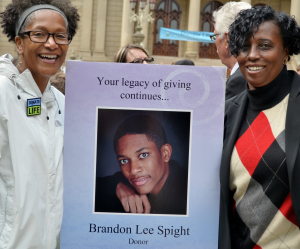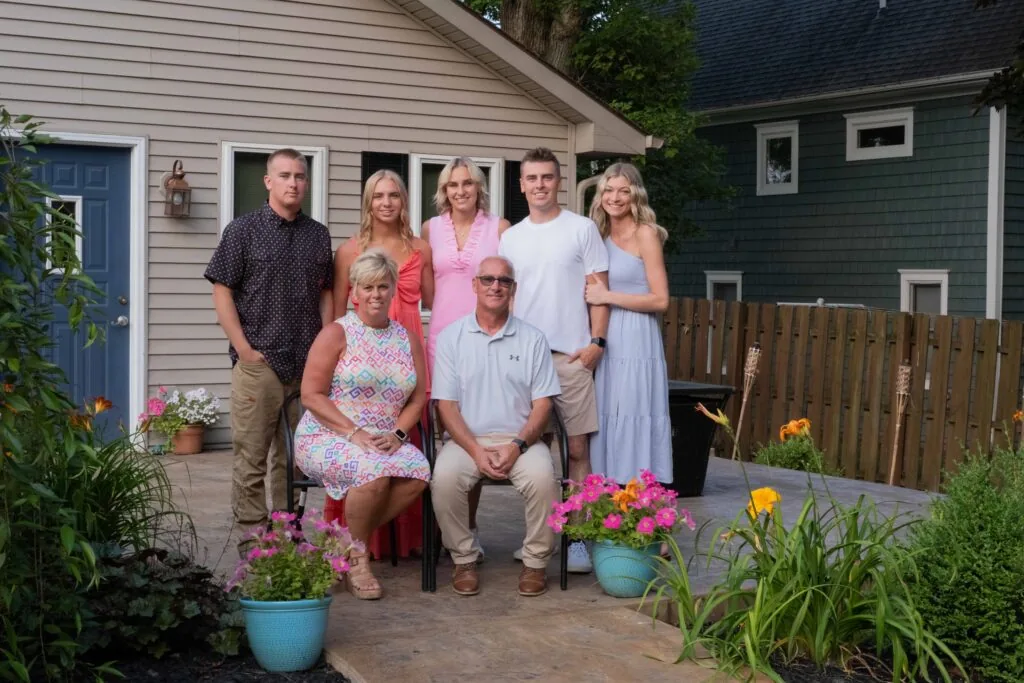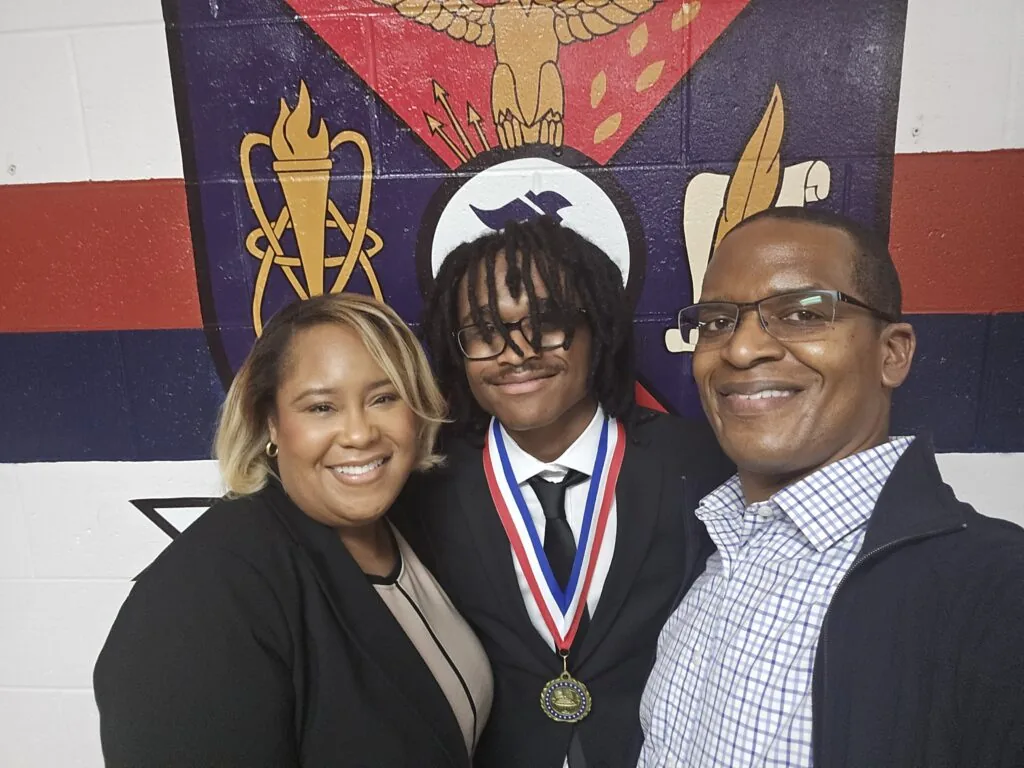Talking about death can be uncomfortable.
Most people don’t like to think about their own mortality. But death is part of life, and if we want to talk about organ and tissue donation, we need to acknowledge that life will end for all of us some day.
Death used to really scare me. But after watching my mother and grandmother take their last breaths, I learned how peaceful it can be. They each died with smiles and looks of contentment. Was it heartbreaking to watch them die? You bet it was!
Those were, by far, the toughest experiences of my life, and they changed not just my attitude about death, but my path in life.
Why is it important to share how we feel about organ and tissue donation? Because some day your family may be asked to make a decision to donate life to others. That discussion will be easier if they already know the answer.
 Brandon Spight’s mom brought up organ donation at the dinner table one night. She needed her family to know that she wanted to help others someday. Brandon’s father was opposed to the idea, but Brandon was supportive of it. He thought organ donation was a good thing. Three years later, at just 17, Brandon suffered a brain bleed that ended his life. His parents knew exactly what to tell the Gift of Life team; Brandon had made his decision clear. Brandon saved the lives of 5 people.
Brandon Spight’s mom brought up organ donation at the dinner table one night. She needed her family to know that she wanted to help others someday. Brandon’s father was opposed to the idea, but Brandon was supportive of it. He thought organ donation was a good thing. Three years later, at just 17, Brandon suffered a brain bleed that ended his life. His parents knew exactly what to tell the Gift of Life team; Brandon had made his decision clear. Brandon saved the lives of 5 people.
So what’s the best way to talk about organ, tissue and eye donation with family and friends? The answer may vary, of course, based on the opinions, thoughts, traditions, beliefs and relationships of those you’re engaging.
Here are some general guidelines:
- Start with what inspired you to talk about it – did you read an article or a post on social media, hear a story on the radio or on the news? Tell them about what you learned and how you feel about it.
- Listen to their response. Do they have concerns about the donation process? Are there questions that you can research for them? Let them know you appreciate their concerns and will look for some answers.
- Be compassionate. Pause for deep breaths if needed. Acknowledge that this may be an uncomfortable topic. You’re helping them to know your decision in advance, so there’s no question about your wishes later.
It can be very difficult for a family experiencing a tragic loss to make a decision about donation. If they’ve never talked about it, or their loved one didn’t join the Michigan Organ Donor Registry, families are left wondering what to do. Oftentimes in those situations, the family will choose not to donate. But research shows that many families who decline organ donation regret that decision later.1,2
Whether you’ve joined the Donor Registry or not, talking to your family about organ, tissue and eye donation provides them with the gift of knowing. Talk to your family. Let them know your wishes and ask them about theirs. You’ll be glad you did.








